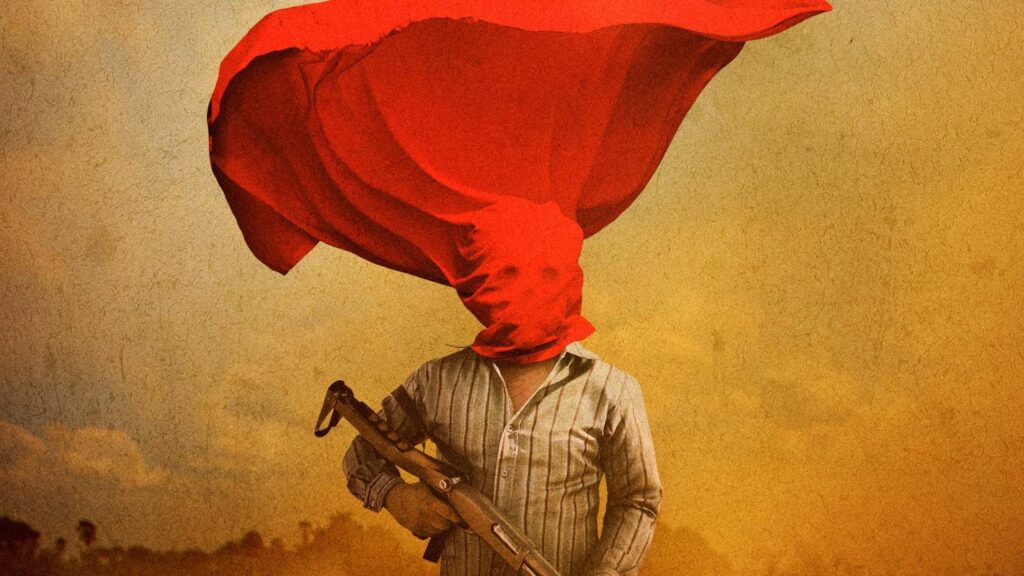Ciro Guerra’s Birds of Passage brilliantly captures Colombia’s Wayuu people and their culture. Guerra mesmerized viewers with his previous film Embrace of the Serpent. This time too he mesmerizes the viewers with his well-researched and contemplated film Birds of Passage. He along with co-director and his ex-wife Cristina Gallego entered the arena of Wayuu people in Northern Colombia and breathed their breath, which yielded an authentic film like this. This film is surely a golden spot in Colombia’s arts and culture. Depicting the lives and culture of a thousands-years-old tribe is never an easy job.
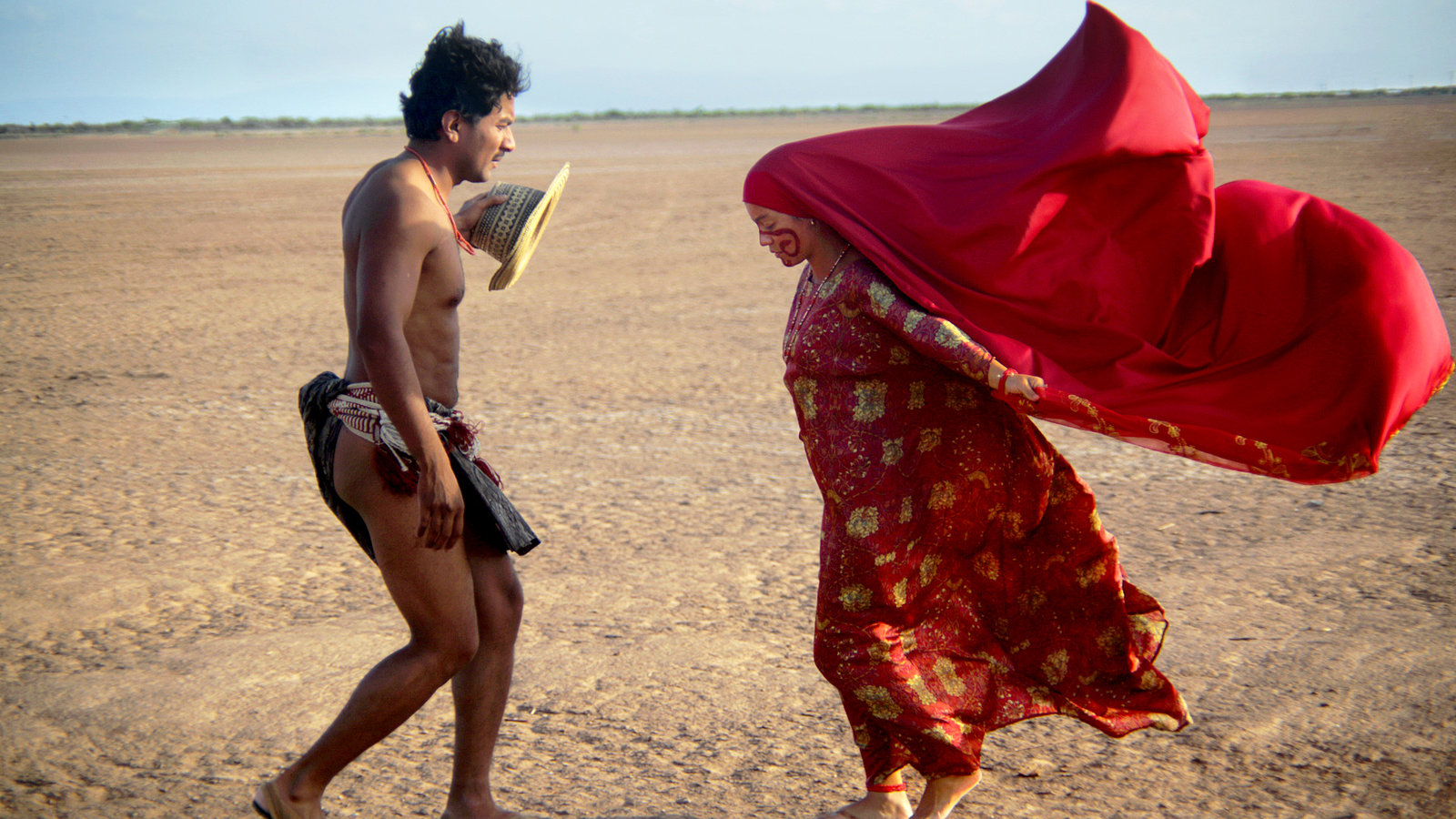
The story of the film is set in the late 1960s Colombia. The Wayuu people were able to preserve their traditions and culture even during invasions. The story of the film was conceived when the filmmakers came in contact with the Wayuu people and heard their stories. The story of Birds of Passage is based on real incidents. As per the Wayuu tradition, a woman is kept in one-year confinement and is allowed to come out of it once the confinement period is over. When she comes out, she dances like a bird and attracts males for marriage proposals.
In the film, Zaida (Natalia Reyes) passes one-year confinement and participates in the dancing ceremony. During dancing, she attracts Rapayet (José Acosta) and receives a marriage proposal from him. As he spent maximum time with the “Alijunas” (outsiders), Zaida’s mother Ursula (Carmiña Martínez), the matriarch of the clan, does not consider him as the perfect groom. Rapayet tries to fix the match through a word messenger. Finally, Ursula agrees to a dowry of twenty cows, thirty goats, five necklaces, and two mules. Rapayet establishes a business relationship of Marijuana with three American peace corps volunteers and is able to pay the dowry. He marries Zaida and starts living happily.
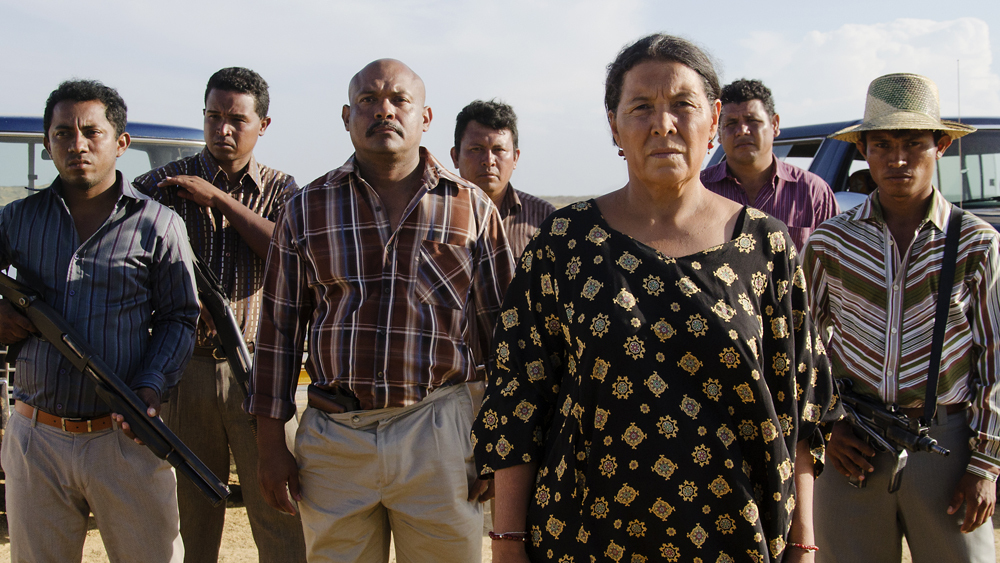
After a few years, Rapayet and his business partner Moisés (Jhon Narváez) get to know that the Americans are buying Marijuana from other vendors. They confront them and Moisés murders two of them by gunshot. Killing people is utterly forbidden in the Wayuu culture. Rapayet breaks all the business ties with him. Moisés avenges this decision by murdering Marijuana supplier Gabriel and his family. Ursula gets furious and orders his execution. Rapayet shoots him dead.
In the absence of Gabriel, his brother Annibal takes charge of the Marijuana business. Rapayet starts buying the material from him at higher prices. Rapayet and his family join the second burial of Gabriel. Ursula’s son Leonidas attempts to seduce Annibal’s daughter. Annibal orders Leonidas to serve in his field. Ursula reluctantly agrees to the order. While serving his sentence, Leonidas rapes Annibal’s daughter. A war breaks out amongst the Wayuu clans. The other Wayuu leaders do not support Ursula as she has disobeyed the Wayuu codes of conduct. Annibal kills the word messenger and closes all the ways of negotiations. He kills Ursula’s grandson, destroys her house, and forces her to reveal Rapayet’s address. Annibal tracks the address and kills him. He sets out with a vow to murder Leonidas too.
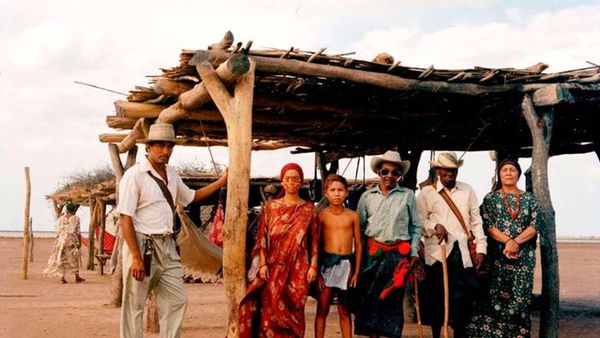
Birds of Passage is a film about how people cross boundaries and lose everything. Forgetting cultural and family values for the sake of money and greed can be immensely detrimental. Engagement in illegal activities does not bring any good fortune. Even though the future may look brighter in short term, ultimately it turns out to be bleak and gloomy. Nobody has won an illegitimate battle. The Wayuus are peaceful and sober people deeply rooted in family values and culture. Ursula and Rapayet diverge from that and get destroyed. This film is a story of how the world’s most organized and systematic people break the system and eventually get rejected by the system. Being at the edge of all sides, there is no way to go back. In the end, Ursula is left with only her granddaughter. She has lost everything.
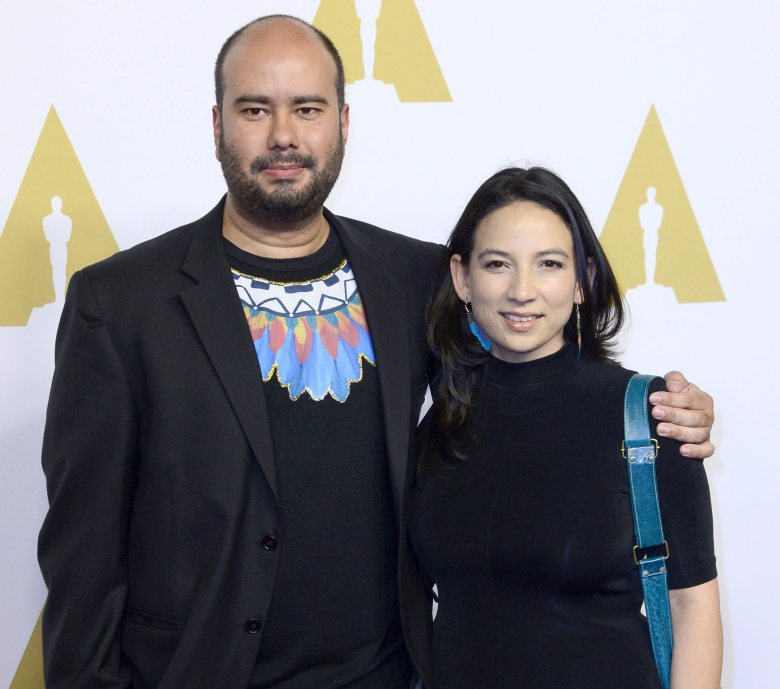
Even though Birds of Passage can be compared with other mafia films like The Godfather or Scarface, this story is quite unique. Most importantly, the story is based on real-life events in the late 1960s Colombia. Filmmakers Ciro Guerra and Cristina Gallego became so attached to this story that they ended up making this film. Without detailed in and out research making this film was not possible. This film must have demanded them a humongous amount of effort. So, the film looks and sounds authentic. Carmiña Martínez plays the matriarch character Ursula with such ease that she becomes the pivotal character quite naturally. A woman mafia boss cannot be more impactful. Natalia Reyes as Zaida is ravishing at the start but later there is nothing much for Zaida. José Acosta as Rapayet is restraint and brilliant. One major aspect of the film is the amazing cinematography by David Gallego. Each frame of the Colombian desert looks a treat to the eye. Leonardo Heiblum’s music is subtle but reflects the theme and storyline of the film. It can easily be inferred that after Embrace of the Serpent, once again Colombian cinema has received universal acclaim through Birds of Passage.
